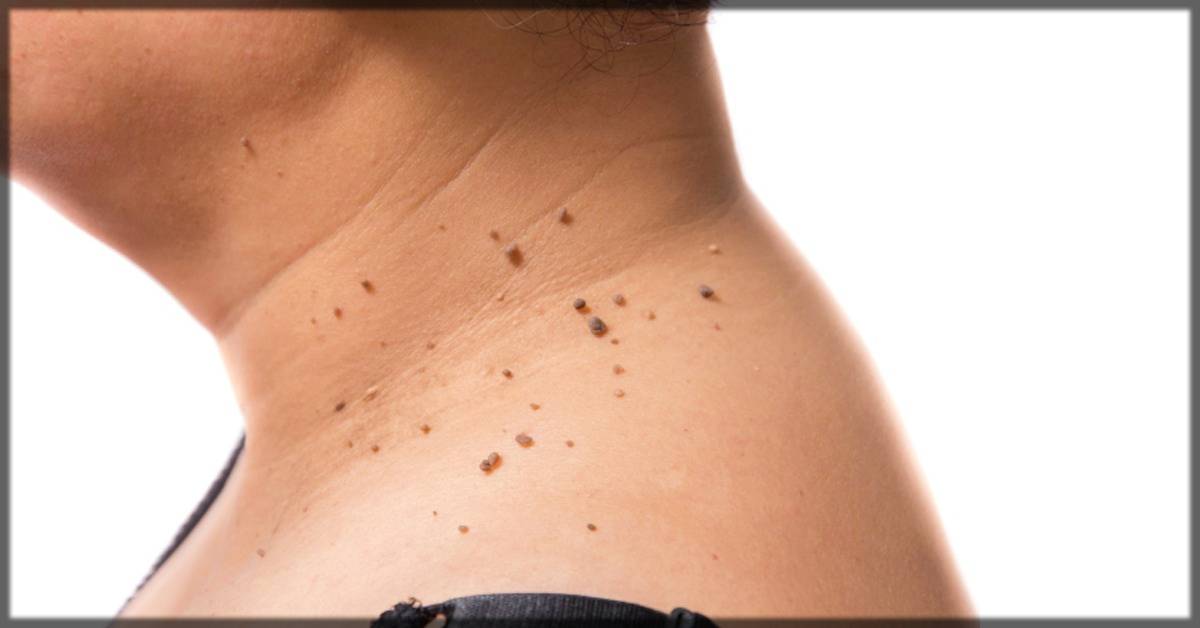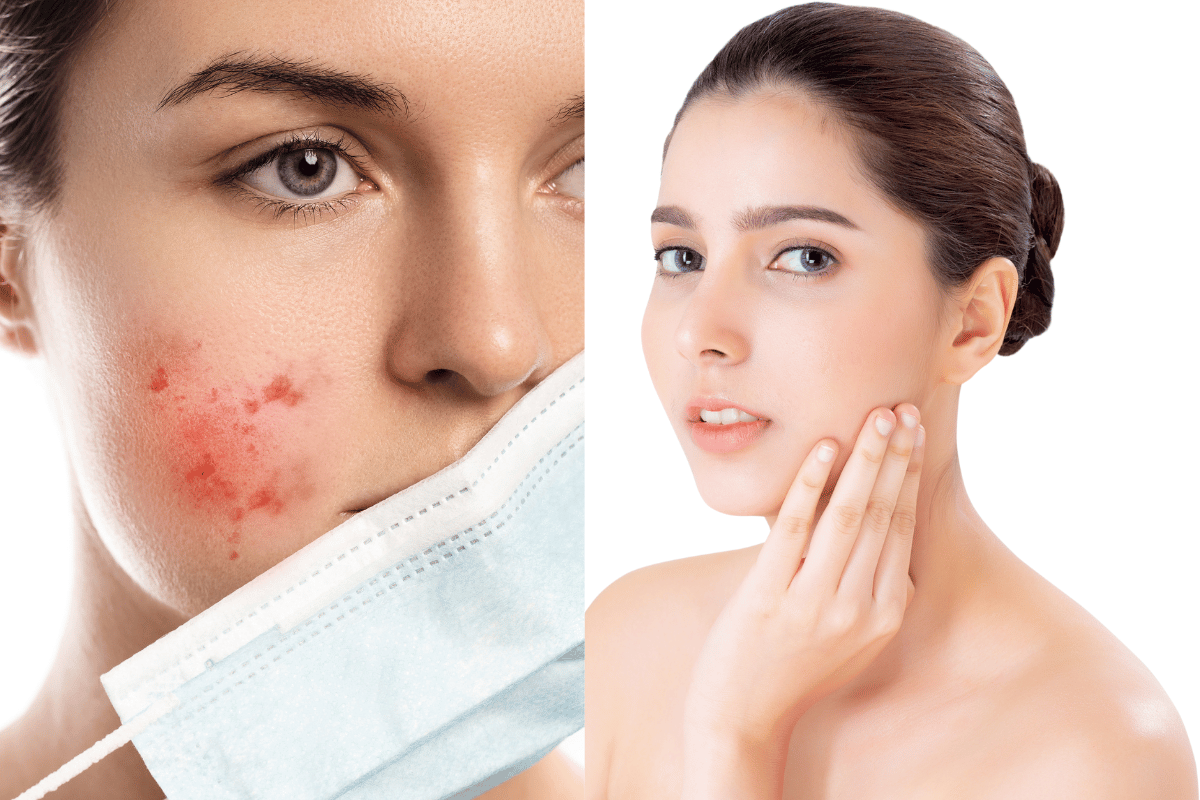

If the itching doesn’t subside, tell your doctor.

(Avoid lotions, which contain more water.) CeraVe, Cetaphil and Vanicream all make gentle, effective moisturizers.

Not drinking enough liquids may be another. A loss of sweat and oil glands is one reason. If a leg or foot is bruised, keep it elevated when resting.ĭry skin in elderly adults is very common in fact, more than half of older adults have it.Apply Dermaka cream, a bruise treatment made with plant extracts and vitamins, according to the package directions.Apply a cold compress for up to 20 minutes a time.Most accidental bruises occur on the extremities, according to the National Institute of Justice, whereas bruises in abused elders are more likely to occur on the head, neck or torso, and they tend to be large. If a loved one or caregiver has any reason to suspect abuse as the cause of bruising, they should investigate. But anyone who often develops large bruises with no logical explanation should see a doctor to rule out an underlying health problem. Older people who take blood thinners or even over-the-counter painkillers such as aspirin or ibuprofen may bruise more easily.Ī minor bump or scrape can result in a surprising amount of bruising and make concerned loved ones wonder what’s happening. Bruises happen when blood leaks out of blood vessels, so more broken vessels means more bruising. Also, blood vessels are more fragile and easily broken. Why do old people bruise easily? Aging skin is thinner, and there’s less fat to act as cushioning. Here are eight skin conditions in elderly adults and what older adults, loved ones and caregivers should know. Some skin problems, like dark bruises, are alarming but are mostly harmless. Large, dark bruises may spring up out of nowhere. Aging weakens the immune system, so skin infections are more common. Skin cell turnover decreases dramatically, which slows wound healing. In elderly adults, skin conditions may become more numerous - and more noticeable - as the skin continues to thin and lose fat, elasticity, and moisture. Like every part of the body, the skin changes with age.


 0 kommentar(er)
0 kommentar(er)
